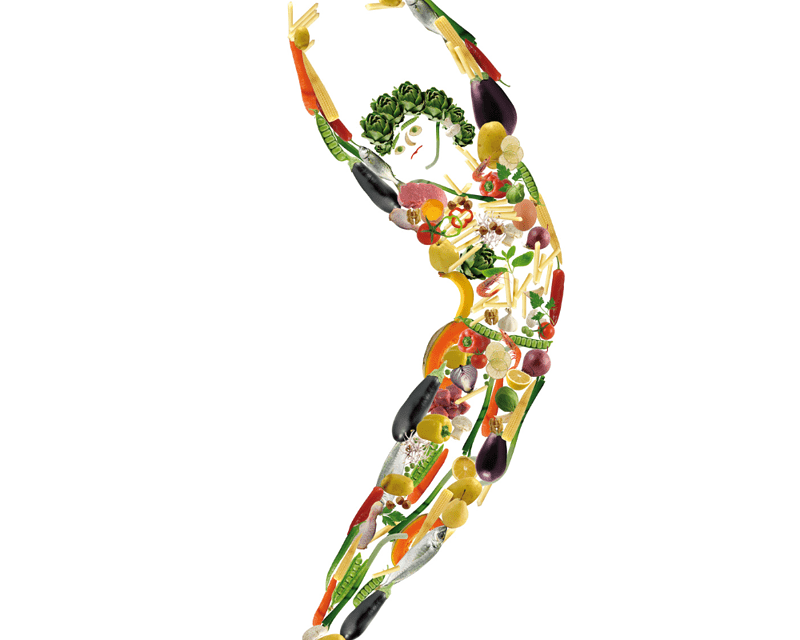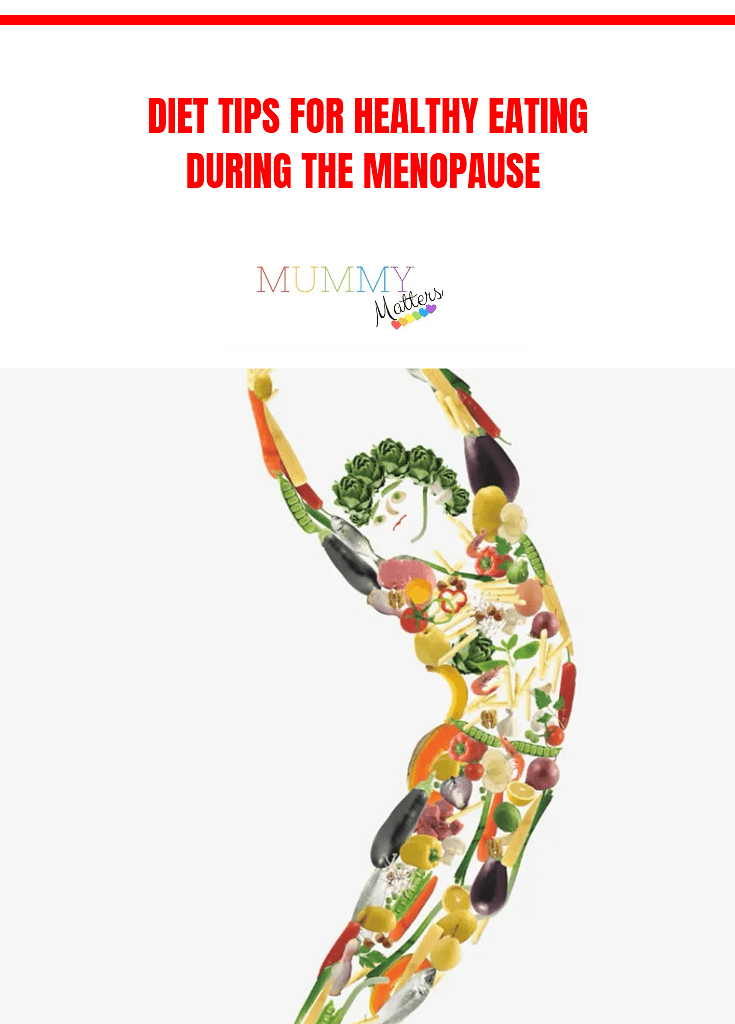Menopause is the beginning of the end of a female’s reproductive or fertile period of life that starts in the mid-forties. This need not be a difficult transition for a woman. Lots of women feel that they are losing the essence of themselves when they experience menopause symptoms such as mood swings, weight gain, and hot flushes, just to mention a few.
Misconceptions about menopause

Many midlife women feel that the fact they are menopausal means they are old and that they have lost their youth and vigour. While it is true that you are ageing, that does not mean that you have lost your vigour or vitality. A healthy lifestyle and the correct types of foods are all that it takes to keep you in great shape and body weight; if you look after your nutritional needs, they, in turn, will play an important role in helping look after your bodily requirements.
Women also feel that menopause is the death knell of an active sex life; some can experience vaginal dryness as part of the menopausal transition. There can be nothing further from the truth than this idea. While it may be the end of the fertility cycle, it doesn’t affect a women’s physical activity or virility.
What to expect and why during menopause
Symptoms of postmenopausal women are felt at different times, not just in older adults. Some feel it is as early as seven years before the onset of the actual menopause itself. Some don’t feel it at all. This primarily depends on a healthy diet, and lifestyle one has been leading and general health conditions. Good bone health, muscle mass also estrogen levels in a healthy woman can help ease into menopause without symptoms, realizing its onset only through the cessation of her menstrual cycle.
During menopause, the body undergoes significant hormonal changes that can trigger physical and emotional issues and lifestyle changes. Hot flashes, mood changes, and night sweats are the most common symptoms, while menstrual fluctuations, depression, irritability, nervousness, sleeplessness, decreased sexual vigour and headaches or chills are quite common too. The severity of any or all of the symptoms depends on many factors but primarily on the general health of the individual and hormone levels.
The fact that the body’s ability, or rather its diminishing ability, to produce the hormone estrogen is the root cause of all the annoying symptoms of menopause. Some women find hormone replacement therapy can also help herbal teas, whole grains and healthy fats, promoting healthy weight rather than high cholesterol and high blood pressure.
Diet tips that may help

With a proper nutritional program and a healthy attitude towards menopause, one can have a smooth transition into this stage of life. While many products and over-the-counter medications claim to make this process smooth, going on a natural, nutritional and well-balanced lifestyle makes a world of difference.
So starting in the early 30s, it is good to watch what you ingest and how you treat your overall health. Primarily to eat natural, fresh and healthy food, get a good amount of exercise and get adequate rest.
Check for any diet deficiencies and correct them as early as possible. Supplement your healthy eating, well-balanced diet with adequate amounts of:
1. Protein (source: oily fish, dairy products, lentils, beans, sesame seeds and nuts)
2. Calcium (Good sources of calcium: dairy products- low-fat produce like yoghurt, soy milk, cheese)
3. Magnesium, vitamin D and E.
4. Seeds, nuts, grains, green leafy vegetables, and plenty of fruits are great sources of plant-based diets and provide most of the body’s nutrients.
5. Emphasis on Vitamin E-rich foods like nuts and sprouts is a must.
6. B Vitamins such as B6 and Pantothenic acid can invigorate the body’s estrogen production or enhance the existing estrogen’s effects. A healthy natural whole vitamin supplement can help.
7. There cannot be enough emphasis laid on the benefits of fresh fruits and Beet juice. Small quantities of this juice taken around three times a day seem to help relieve most menstrual and menopausal symptoms.
8. Avoid processed food, refined flour, sugar, and greasy; fried food is a real no-no. Go easy on red meat, and alcohol intake may be an odd glass of wine.
9. Weight-bearing exercise and regular outdoor exercise like cycling, swimming, jogging or just walking can benefit bone loss to a great extent. Adequate rest and destressing is a good idea and can be of additional help. Being active can help with weight loss, improve bone mass and bone strength also reduce the risk of health problems and risk of osteoporosis and back problems.
Menopause is definitely the end of a fertile life cycle, but it might just be the time to enjoy life after all. A woman goes through numerous stages in life, bearing the inconvenience of periods, the long and painful, though fruitful, journey of childbearing and after all this, menopause, together with dietary changes with a variety of foods and improved cholesterol levels and fewer calories may be the great way she needs to enjoy life without any of the stresses of femininity.

